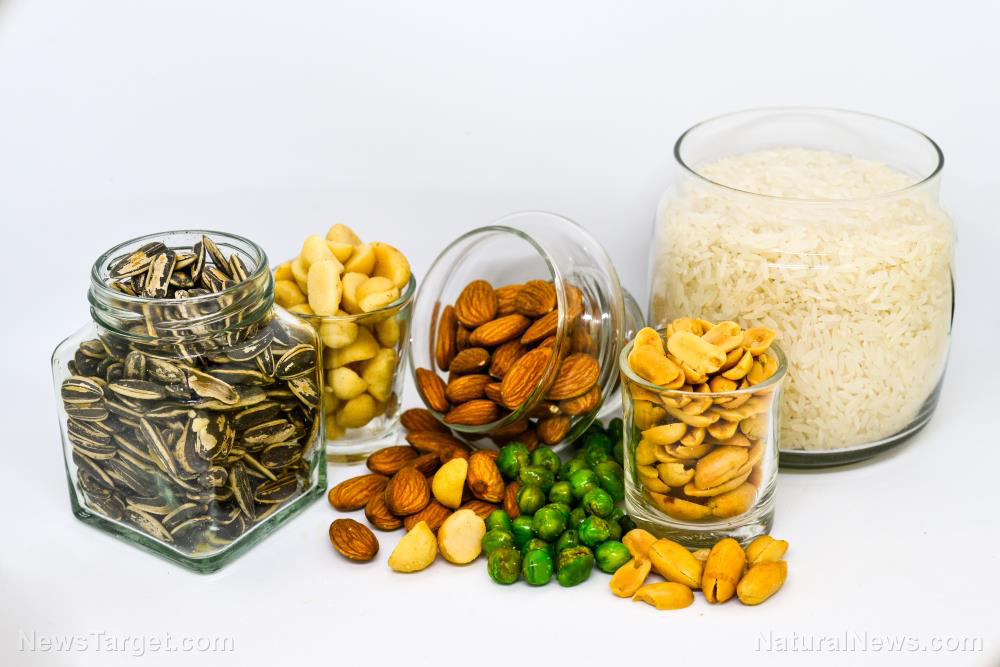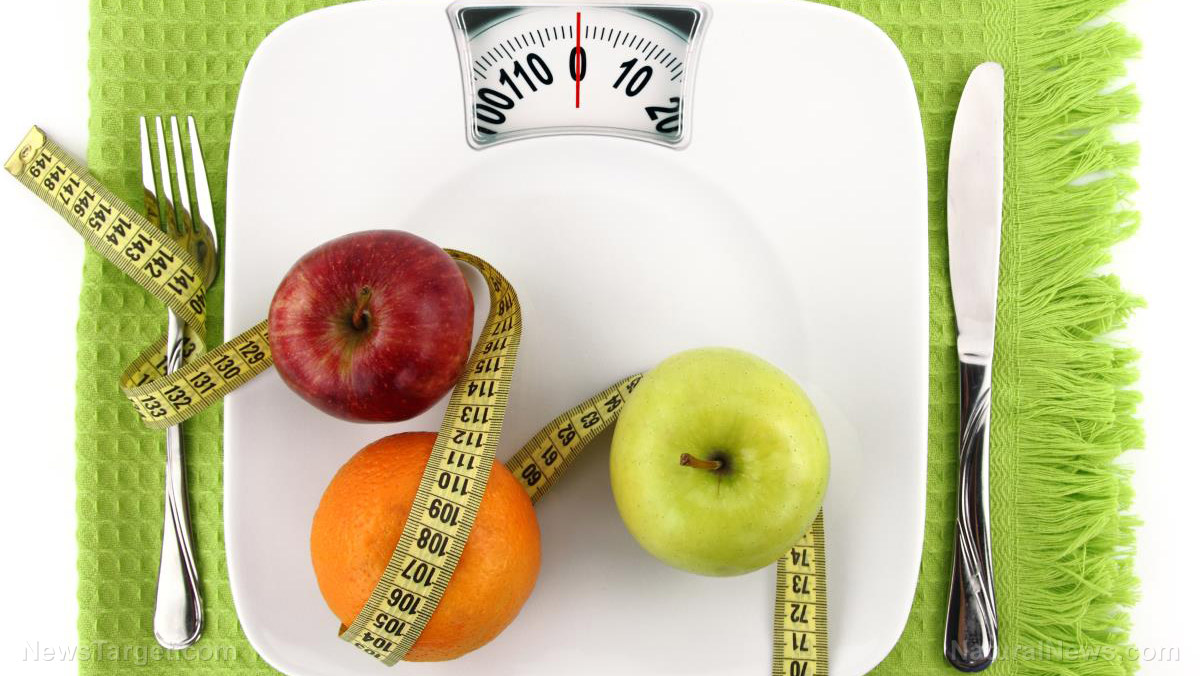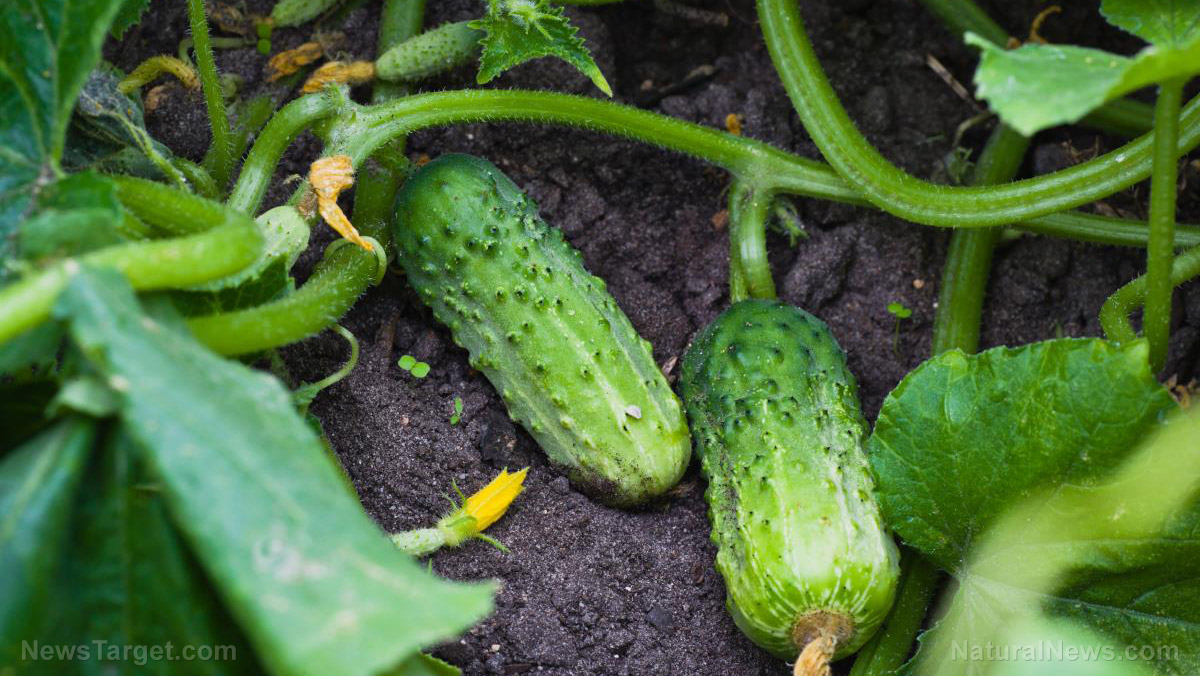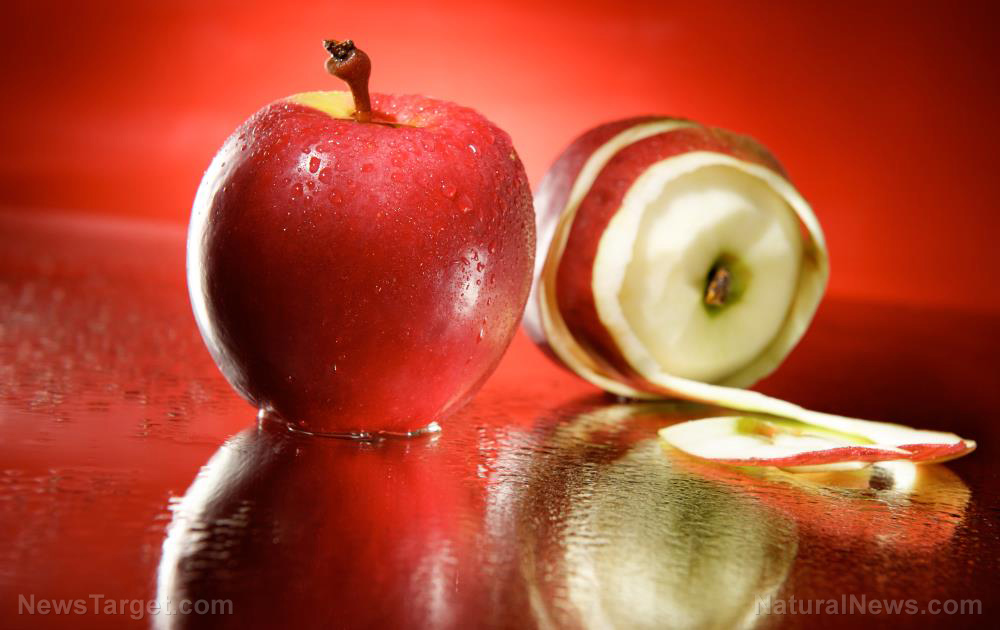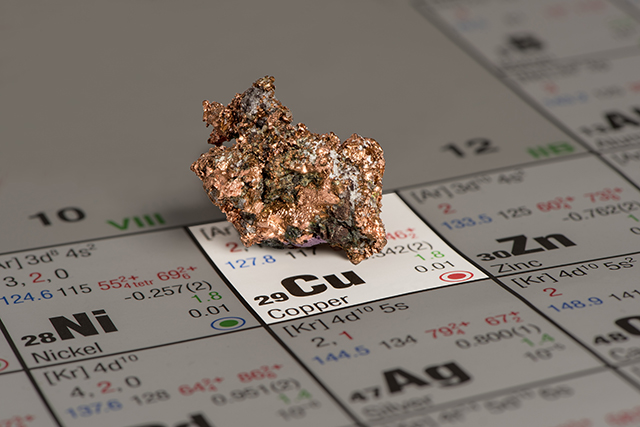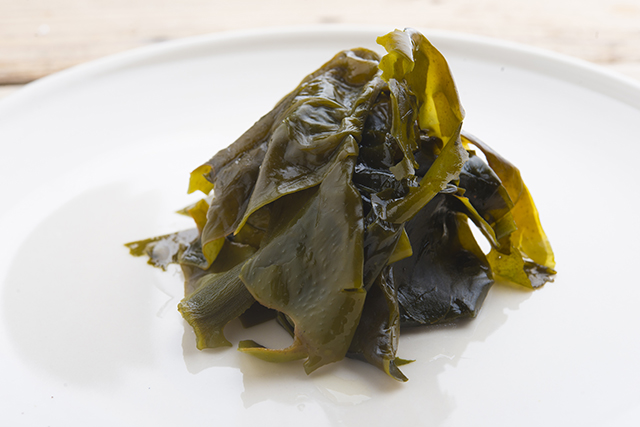Here are several reasons to include spinach in your daily diet
05/01/2023 / By Ramon Tomey

Mention spinach (Spinacia oleracea), and the first thing that comes to mind would be Popeye. The fictional sailor is known to eat a canned version of this vegetable, making him “strong to the finish.” While eating spinach in real life won’t grant super-strength, people will definitely benefit from including this superfood in their diet.
Spinach is well-known for its rich nutrient profile. It is an abundant source of vitamin A, vitamin C, folic acid and antioxidants. It also contains minerals such as calcium, iron, phosphorus, sodium and potassium.
Here are some reasons to eat this incredible superfood. (Related: Strong to the finish: Spinach supplements can enhance athletic performance.)
Spinach promotes eye health
According to a 2000 study published in the Journal of the American College of Nutrition (JACN), the plant compounds lutein and zeaxanthin accumulate in the eye lens and macular region of the retina. Thus, they support eye health by protecting against cataracts and age-related macular degeneration (AMD). The JACN paper noted that high intakes of foods containing the two plant compounds are linked to up to 20 percent reduction in the risk of developing cataracts, and up to 40 percent reduction in the risk of developing AMD.
Meanwhile, the Academy of Nutrition and Dietetics (AND) noted that eating dark green, leafy vegetables such as spinach should be accompanied with a small amount of healthy fat. This is because the fat helps the body absorb lutein and zeaxanthin. The AND suggested Americans to include a small amount of olive oil or a few slices of avocado when they eat spinach.
Spinach helps prevent cancer development
A study in Bioactive Foods in Promoting Health published in 2010 expounded on how spinach prevents the formation of certain cancers. The study authors from Kobe-Gakuin University in Japan found that among the vegetables they examined, spinach contained the highest levels of two phytochemicals – sulfoquinovosyl diglycerides (SQDG) and monogalactosyl diglycerides (MGDG).
The researchers found that SQDG and MGDG extracted from spinach suppressed the growth of human cancer cells in vitro. They also found that the two plant compounds inhibited tumor growth when taken orally. The study authors concluded that spinach “could help to prevent cancer and be a functional food with anticancer activity.”
Spinach blocks kidney stone formation when eaten with tofu
An October 2018 article by Taiwanese nutritionist Lin Shih-hang disclosed that when eaten together, spinach and tofu prevent the formation of kidney stones. The piece published by the country’s Health Promotion Administration under the Taiwanese Ministry of Health and Welfare also debunked the longstanding claim that eating both foods can cause the formation of kidney stones. Spinach contains high amounts of oxalic acid, while tofu contains calcium.
Lin explained that when the oxalic acid from spinach and calcium from tofu combine in the intestine, they indeed form calcium oxalate stones. However, these stones are not absorbed by the intestine but are instead expelled. He recommended the consumption of more oxalic acid and calcium to increase the likelihood of both binding in the intestine, preventing oxalic acid absorption and lowering kidney stone risk.
It’s not surprising that the nutrient-packed spinach is Popeye’s chosen superfood, as it provides a plethora of health benefits when included in the daily diet.
Head over to Superfoods.news for more stories about the benefits of spinach.
Watch this video about how spinach can help keep heart disease at bay.
This video is from the Groovy Bee channel on Brighteon.com.
More related stories:
Battle of the greens: Which is healthier, kale or spinach?
Pump up your body with the Popeye vegetable – spinach.
Health benefits of spinach to help manage general health.
Spinach: An easy and delicious way to reduce your risk of heart disease.
Spinach is a great natural source of iron, vitamin K and phytochemicals.
Sources include:
Submit a correction >>
Tagged Under:
alternative medicine, calcium, eye health, food cures, food is medicine, food science, kidney health, kidney stones, lutein, natural cures, natural health, natural medicine, Organic, oxalic acid, phytonutrients, prevention, spinach, tofu, veggie, zeaxanthin
This article may contain statements that reflect the opinion of the author
RECENT NEWS & ARTICLES
FoodCures.News is a fact-based public education website published by Food Cures News Features, LLC.
All content copyright © 2018 by Food Cures News Features, LLC.
Contact Us with Tips or Corrections
All trademarks, registered trademarks and servicemarks mentioned on this site are the property of their respective owners.






